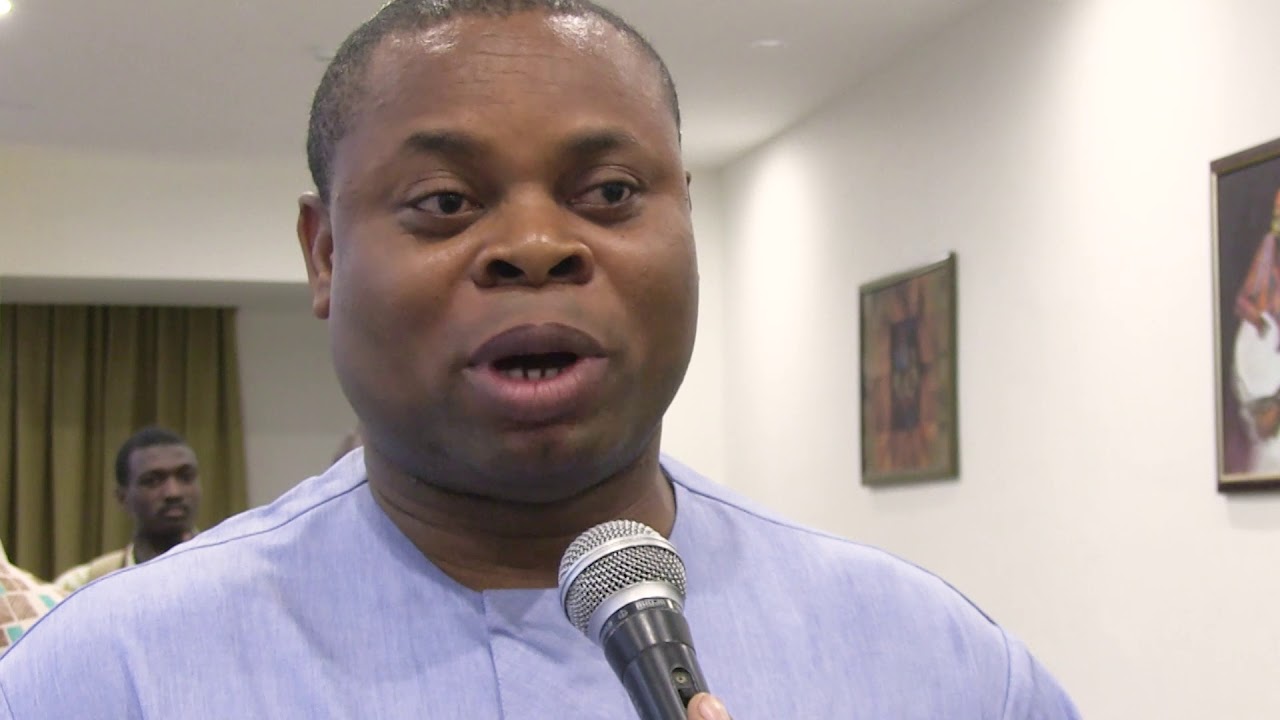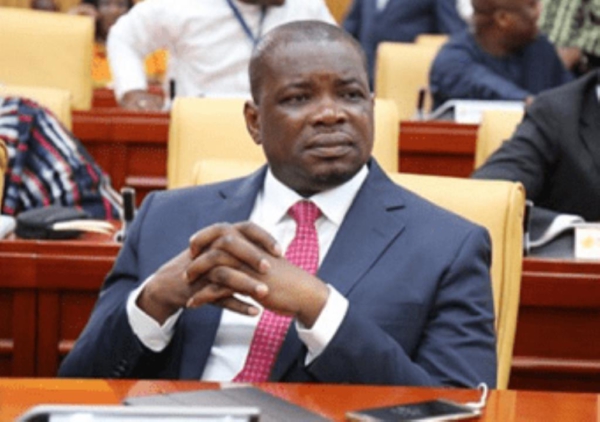
Slow growth in emerging, developing countries driven by heavy debt burdens, weak investment - WB Pres

The World Bank Group President David Malpass has said that emerging and developing countries are facing a multi-year period of slow growth.
The slow growth, he said, is driven by heavy debt burdens and weak investment as global capital is absorbed by advanced economies faced with extremely high government debt levels and rising interest rates.
“The crisis facing development is intensifying as the global growth outlook deteriorates,” he said in a press statement.
He stressed “Emerging and developing countries are facing a multi-year period of slow growth driven by heavy debt burdens and weak investment as global capital is absorbed by advanced economies faced with extremely high government debt levels and rising interest rates.
Weakness in growth and business investment will compound the already-devastating reversals in education, health, poverty, and infrastructure and the increasing demands from climate change.”
The statement further explained that growth in advanced economies is projected to slow from 2.5% in 2022 to 0.5% in 2023.
Over the past two decades, slowdowns of this scale have foreshadowed a global recession.
In the United States, growth is forecast to fall to 0.5% in 2023—1.9 percentage points below previous forecasts and the weakest performance outside of official recessions since 1970.
In 2023, euro-area growth is expected at zero percent—a downward revision of 1.9 percentage points.
In China, growth is projected at 4.3% in 2023—0.9 percentage point below previous forecasts.
Excluding China, growth in emerging market and developing economies is expected to decelerate from 3.8% in 2022 to 2.7% in 2023, reflecting significantly weaker external demand compounded by high inflation, currency depreciation, tighter financing conditions, and other domestic headwinds.
By the end of 2024, GDP levels in emerging and developing economies will be roughly 6% below levels expected before the pandemic.
Although global inflation is expected to moderate, it will remain above pre-pandemic levels.
The report offers the first comprehensive assessment of the medium-term outlook for investment growth in emerging market and developing economies.
Over the 2022-2024 period, gross investment in these economies is likely to grow by about 3.5% on average—less than half the rate that prevailed in the previous two decades.
Without strong and sustained investment growth, it is simply impossible to make meaningful progress in achieving broader development and climate-related goals,” the statement quoted Ayhan Kose, Director of the World Bank’s Prospects Group, as saying.
It added “National policies to boost investment growth need to be tailored to country circumstances but they always start with establishing sound fiscal and monetary policy frameworks and undertaking comprehensive reforms in the investment climate.”
The report also sheds light on the dilemma of 37 small states—countries with a population of 1.5 million or less.
In 2020, economic output in small states fell by more than 11%— seven times the decline in other emerging and developing economies.






